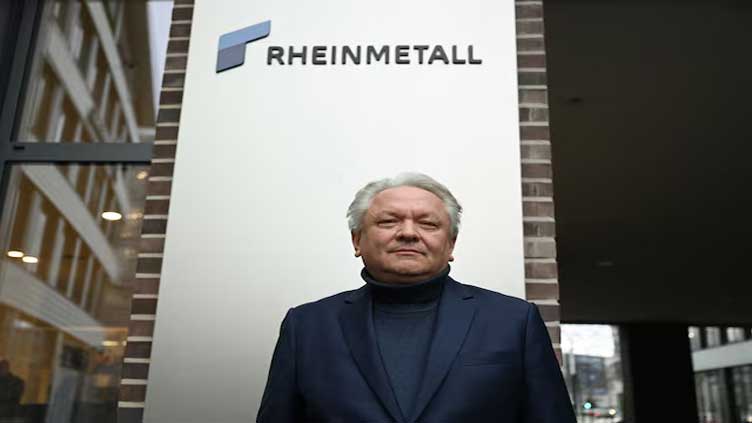Russia tried to assassinate CEO of arms firm sending weapons to Ukraine, CNN reports

World
Russia tried to assassinate CEO of arms firm sending weapons to Ukraine, CNN reports
WASHINGTON (Reuters) - US intelligence discovered earlier this year that Russia planned to assassinate the chief executive of German arms manufacturer Rheinmetall which has been producing artillery shells and military vehicles for Ukraine, CNN reported on Thursday, citing five unidentified U.S. and Western officials.
The plot to kill Rheinmetall CEO Armin Papperger was one of a series of Russian government plans to assassinate defense industry executives across Europe who were supporting Ukraine's war effort, according to CNN.
The United States informed Germany, the report said, adding that German security services were able to protect Papperger.
Rheinmetall said in a statement that "necessary measures are always taken" in regular consultation with security authorities.
The company is one of the world's biggest producers of artillery and tank shells. It began ramping up production after Russia's 2022 invasion of Ukraine.
Former Russian President Dmitry Medvedev, a close ally of current President Vladimir Putin, previously said Russia would retaliate by hitting any facility Rheinmetall set up in Ukraine.
The comments came after Rheinmetall said in May 2023 it had set up a joint venture with Ukrainian state-owned conglomerate Ukroboronprom to build and repair tanks in Ukraine.
In February, Rheinmetall announced that it also planned to open an ammunition factory in Ukraine.
Two months on, Papperger - who has been with Rheinmetall for 34 years, including more than 11 years as CEO - made headlines when his garden house was set on fire by what tabloid newspaper Bild said were far-left activists.
Asked about the report at the current NATO summit in Washington, German Foreign Minister Annalena Baerbock said Russia was waging a hybrid war of aggression, including cyberattacks and sabotage of infrastructure.
"This underlines once again that we as Europeans must protect ourselves as best we can and not be naive," she said.
A spokesperson for Germany's Interior Ministry declined to comment on the CNN report, adding the government was generally taking the threats posed by the Russian regime very seriously.
"Our security authorities are very vigilant and act accordingly, in close cooperation with our international partners," the spokesperson said. "The Federal Government will not be intimidated by the Russian threats. We will continue to do everything in our power to prevent possible threats in Germany."
Germany's domestic intelligence services declined to comment.


